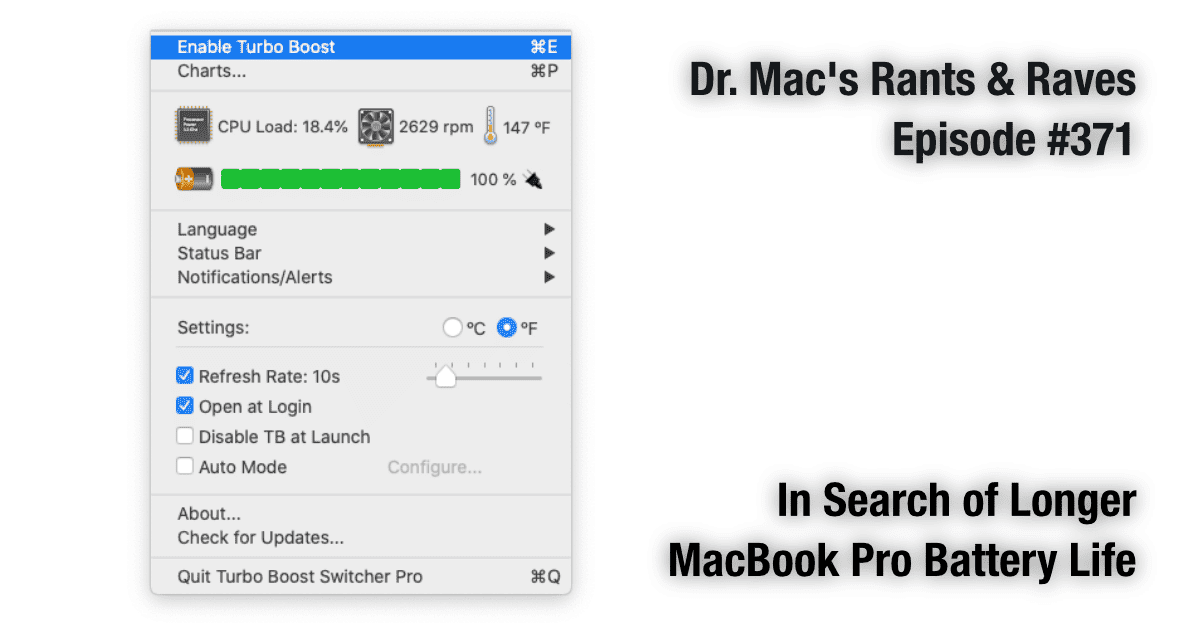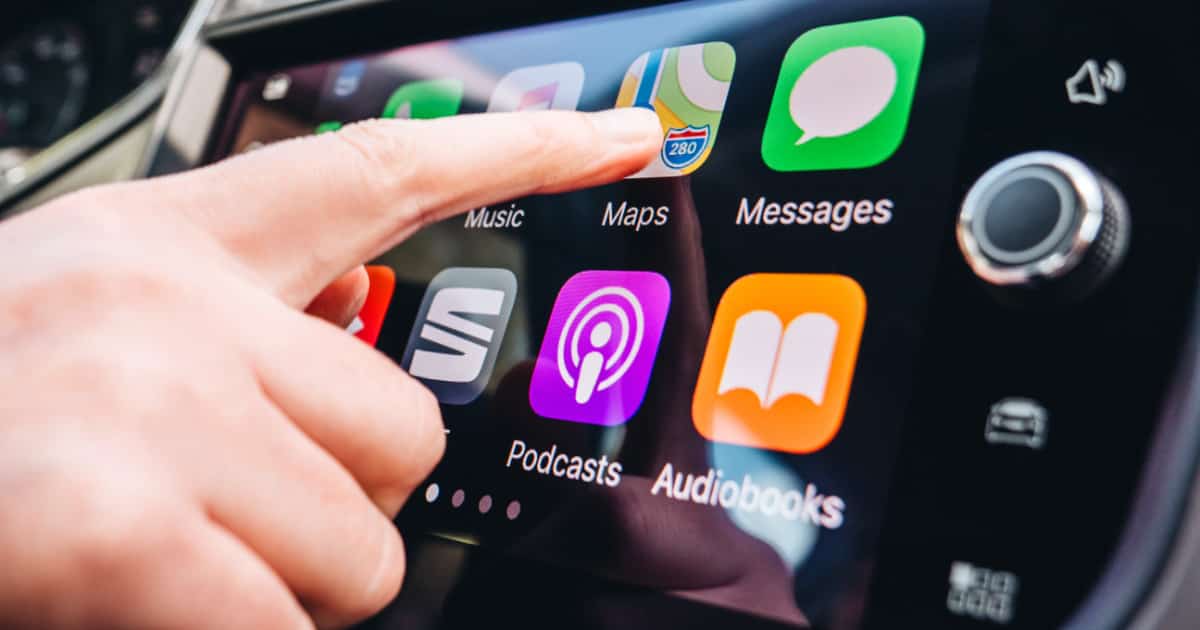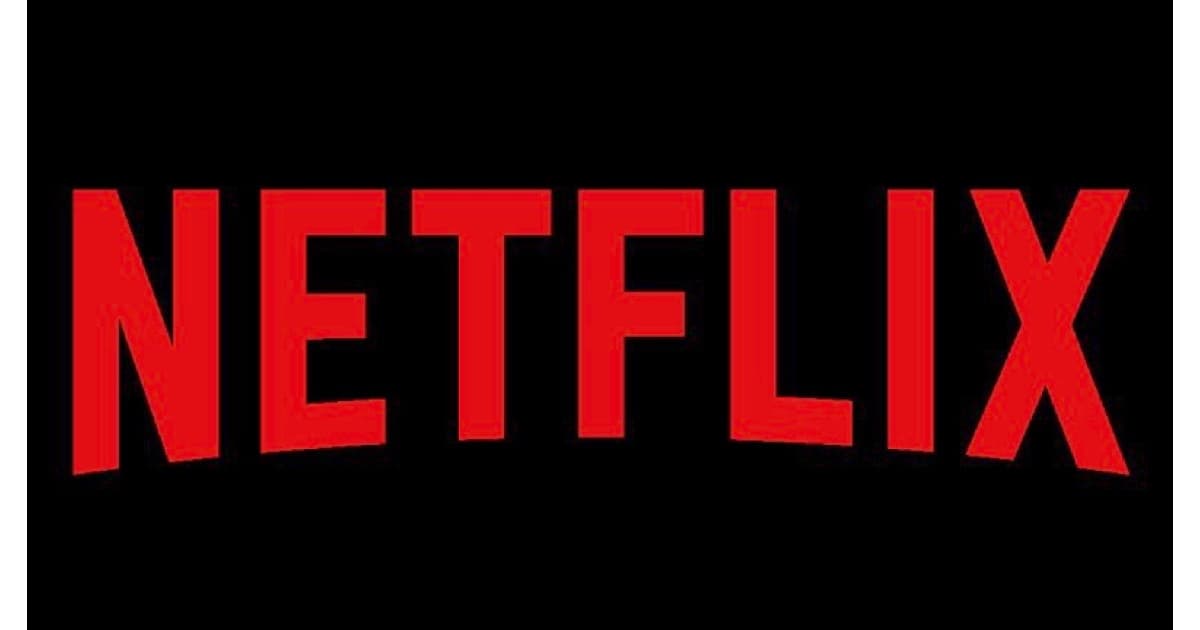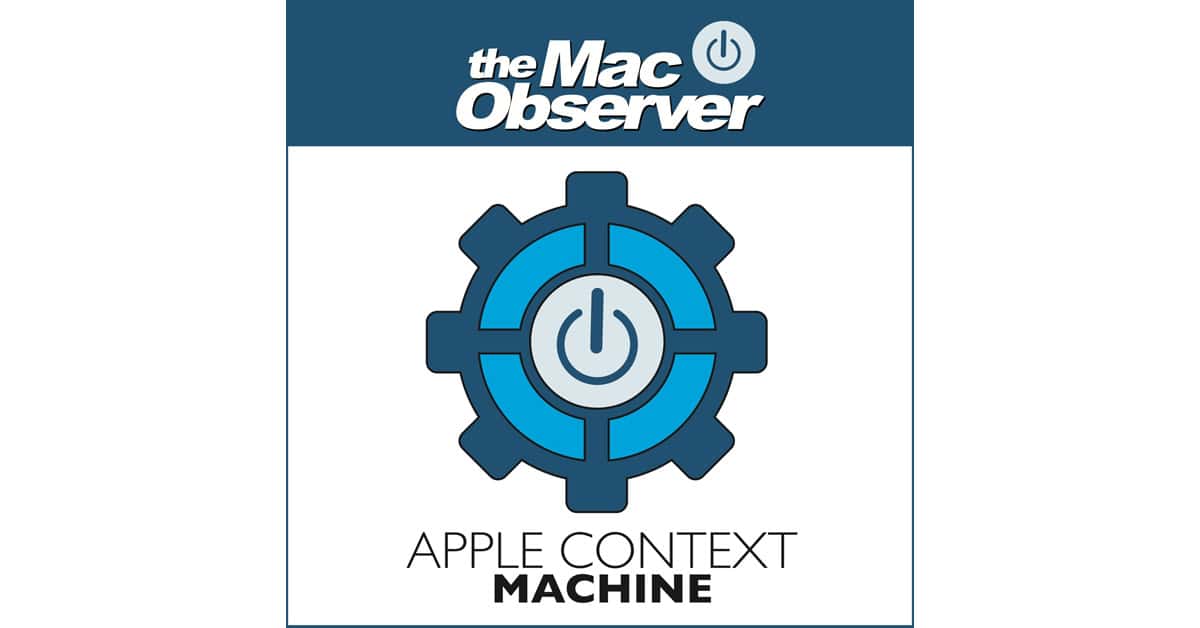We have a deal on a pair of Freesay TWS Simultaneous Translation Earphones. The company says these wireless earbuds deliver 97% accurate two-way translation, with 30+ languages under Wi-Fi or mobile hotspot connection. They also play music, have noise canceling, and come with a charging case that can be used in the translation process. They’re $199.99 through our deal, but coupon code SPRINGSAVE15 brings the checkout price down to $169.99.
In Search of Longer MacBook Pro Battery Life
Bob “Dr. Mac” LeVitus has been looking for ways to eke out more battery time from the 7-year old MacBook Pro, and he shares what he’s learned.
Netflix Relief Fund Gives $100M for Halted Productions
Netflix is creating a US$100 million relief fund to help productions that were halted due to the coronavirus.
Manfredi Gioacchini Used an iPhone to Document Climate Change in Antarctica
Documentary photographer Manfredi Gioacchini is documenting climate change in Antarctica. His tool? An iPhone.
“Most of the usage was related with video recording, in fact the audio of the new phone is incredible,” says the photographer. “That’s important in matters of the climate change… capturing the sounds of icebergs breaking down…”
He also managed to take advantage of the phone’s Night Mode, though it wasn’t necessary for most of the trip, since the sun never dipped below twilight. Scroll down to see Manfredi’s photos for yourself.
Important work, and also beautiful.
5 Resources For Meditation, Mindfulness, and Exercise
We live in stressful times, but there are some fantastic digital resources out there to help with meditation, mindfulness, & exercise.
CarPlay Slows Driver Reactions Even More Than Alcohol, Study Finds
CarPlay is fantastically useful, but new research reported on by AppleInsider suggests that it could severely limit your reaction time. The study for UK road safety charity IAM RoadSmart showed that in-vehicle infotainment systems can impair drivers’ reactions even more than cannabis or alcohol do.
Regardless of the infotainment system, all users showed significantly slowed reaction time. Undistracted drivers typically showed a one-second reaction time. Those who used the voice-controlled Apple CarPlay saw a 36% increase in their reaction time, which rose to 57% when they used the touch interface. Android Auto users faired only slightly better—a 30% increase in reaction time when using voice control, and 53% when using touch controls. For comparison, those who drive under the influence at the drink-drive limit showed a 12% increase in reaction time, and those who used cannabis saw a 21% increase.
macOS: Here’s How to Restore the Mac Startup Chime
Are you looking to restore the Mac startup chime? Many newer Macs do away with this feature but you can bring it back with a terminal command.
Conan O'Brien to Shoot Full Episodes of Late Night Show on His iPhone
Conan O’Brien announced he will become the first late night host to produce a full show remotely, using his iPhone and Skype.
Sidecar Makes iPad a Mac Display, Customize Control Center - TMO Daily Observations 2020-03-20
Bryan Chaffin guest-hosts with Charlotte Henry to discuss how to use Sidecar to make your iPad a second display for your Mac. They also dig into all the ways you can customize Control Center on iPad (and iPhone, for that matter).
Netflix And YouTube Reducing Streaming Quality in Europe to Help Reduce Network Strain
Netflix and YouTube are going to reduce their streaming quality for the next month, CNN reported. They are aiming to help reduce strain on networks as more-and-more people are forced to work from home due to the coronavirus outbreak.
Both companies said the measures will affect all video streams for 30 days. “We estimate that this will reduce Netflix traffic on European networks by around 25% while also ensuring a good quality service for our members,” a Netflix spokesperson said in a statement. A spokesperson for Google (GOOGL), which owns YouTube, said: “We will continue working with member state governments and network operators to minimize stress on the system, while also delivering a good user experience.” The changes follow appeals from EU officials for streaming services and individual users to ditch high definition video to prevent the internet from breaking. With so many countries on forced lockdowns to fight the spread of the virus, hundreds of millions working from home and even more children out of school, the officials were concerned about the huge strain on the internet.
Apple Bans Keyboard App Used to Bypass Chinese Censorship
On Thursday, Apple removed “Boom the Encryption Keyboard” from the App Store. People used it to bypass censorship in China.
NordPass Password Manager 1-Year Subscription: $25.49
We have a deal on a 1-year subscription to NordPass Password Manager for Mac, Windows, or Linux devices. The subscription is good on up to 6 devices, and it will remember and autosave all your complex passwords, autofill online forms, generate strong passwords when needed, and more. This subscription is $29.99 through our deal, but coupon code SPRINGSAVE15 brings the checkout price down to $25.49.
https://www.youtube.com/watch?v=SkYUSeAs4mE&feature=emb_logo
Google: “We Don’t Sell Your Data, We Just Monetize It”
One way to avoid the California Consumer Privacy Act is to claim that you don’t sell data. This is what Google has seemingly done.
Google monetizes what it observes about people in two major ways: It uses data to build individual profiles with demographics and interests, then lets advertisers target groups of people based on those traits. It shares data with advertisers directly and asks them to bid on individual ads.
As I tweeted yesterday, there is no difference between selling “access” to data and selling data “directly.” In both scenarios, people are products for advertisers. Although I’m sure lawsuits have been won and lost on lesser technicalities.
Watch This Full Bruce Springsteen Set on Apple Music For The First Time
Bruce Springsteen’s entire 2009 London Calling: Live In Hyde Park set is available in entirety for the first time on Apple Music. The set was filmed at the Hard Rock Calling festival. It kicks-off, naturally, with The Clash’s London Calling, before plowing through a host-of Springsteen classics. For those without an Apple Music subscription, you can now also watch the whole thing on YouTube.
Comparing the PS5 and the Xbox Series X
Time at home making you fancy a new games console? Wired has put what we know about the forthcoming devices head-to-head.
Several of the Xbox Series X and PS5 specs sound similar. They have fast all-SSD storage, 16GB GDDR6 RAM and both a CPU and GPU made by AMD. But if you a little deeper, their differences become apparent. To simmer it down to a reductive analogy: the PS5 is nimble while the Xbox Series X is out to win with brute force power. The PS5 uses incredibly intelligent hardware optimisation and custom silicon to tease remarkable performance out of its core components. But the Xbox Series X has a more powerful GPU, which is the first metric by which any console is usually judged. Their hardware belongs to the same family, though. They have AMD Zen 2 generation CPUs and AMD Navi-based graphics chipsets. The latter will share some hardware with PC graphics cards not even released yet.
Apple Working Towards High-Quality AR Images
A new patent takes it clear that Apple wants its AR devices to be attractive, as well as producing high-quality images.
Tim Cook Announces More Coronavirus Donations
Tim Cook said Apple will make a “substantial donation” to the Protezione Civile in Italy to help them deal with the Coronavirus outbreak.
Is Apple the Company That Can Transform the AR Industry?
Lucas Matney wrote for TechCrunch and asked if Apple can keep the AR industry alive.
AR startups have already been struggling and hardware efforts have largely cratered. The software platforms have had some success building what Apple hasn’t or won’t for niche enterprise customers, but as the economic realities shift, all bets are off.
First, I don’t think there’s much of an AR industry right now to keep alive. We have a scattering of AR features on iPhones and Androids, but right now it still seems niche. Second, in my biased opinion as an Apple blogger, I think Apple is the one to truly make AR mainstream. As an example, Apple didn’t invent the cellphone, but the iPhone transformed our lives and the cellphone industry. For the company to do the same with AR, we need an AR headset.
iPad Pro 2020 Features the iPhone 11 U1 Chip
The U1 chip wasn’t mentioned at all in Apple’s press release of the iPad Pro 2020. But iPadOS 13.4 code suggests its existence.
KeepSolid VPN Unlimited 3-Year Subscription: $42.50
We have a deal on a 3-year subscription to KeepSolid VPN Unlimited. The subscription includes unlimited connection speeds and traffic bandwidth, access to more than 400 VPN servers in more than 70 locations globally, access to VPN protocols IKEv2, OpenVPN, and the company’s own technology KeepSolid Wise, and more. This subscription is $50 through our deal, but coupon code SPRINGSAVE15 brings the checkout price down to $42.50.
New MacBook Air, Mac mini Updates – TMO Daily Observations 2020-03-19
Apple’s updates to the processors (and more) in the MacBook Air and pricing and RAM for the Mac mini leave Charlotte Henry and guest host, Dave Hamilton, with a ton to talk through, and a ton for you to hear. Listen and enjoy!
Craig Federighi Demonstrates Trackpad Support in iPadOS
Apple’s Senior Vice President, Software Engineering, Craig Federighi stars in a new video, published on The Verge. In it, he demonstrates trackpad support in iPadOS. The way the cursor changes is particularly clever, I think.
The iPad’s UI is powerful, but in many ways it’s difficult to learn, in part because so many of us still have desktop UI paradigms in our heads. One interesting thing you can’t do is just have a bunch of traditional windows like you’re used to having on a desktop or even a Windows tablet. Apple is sticking to its guns on its attempt to rethink how we move and rearrange windows on the iPad screen, with stuff like split screen and Slide Over. For better or worse (and I think for the better), the new trackpad features don’t turn the iPad into a Mac. Whether any of that radically changes this year with iPadOS 14 is anybody’s guess. Federighi himself recently said, “If you like what you’ve seen us do with iPadOS, stay tuned, we’re going to keep working on it.”
Coronavirus Outbreak Might be Actually Reducing Music Streaming
In a somewhat counterintuitive development, the coronavirus outbreak may actually be reducing the amount of music people stream. Quartz had a look at the data.
In Italy, one of the countries hardest hit by coronavirus, the top 200 most streamed songs on Spotify within the country averaged 18.3 million total streams per day in February 2019. Since Italy’s prime minister announced a national quarantine on March 9th, the total streams for the 200 most popular songs have not topped 14.4 million. There was a 23% drop in top 200 streams on Tuesday March 17th compared to Tuesday, March 3rd… The trend is similar in the US. On March 17th, total Spotify streams of top 200 songs fell to 77 million streams. This was the lowest number of top-200 streams in the US for any Tuesday in 2020, and about 14 million streams fewer than just a week before. Total top-200 streams are also down in the UK, France, and Spain as well.
New iPad Pro, Mac mini, and MacBook Air, the Power of ARM, and Oak Island, with John Kheit - ACM 526
Bryan Chaffin is joined by John Kheit to talk about Apple’s new iPad Pros, MacBook Airs, and Mac mini, plus the new Magic Keyboard for iPad Pro. They also discuss the potential for the ARM processor in Macs, and all the cursed goodness of the latest episode of Oak Island.





















